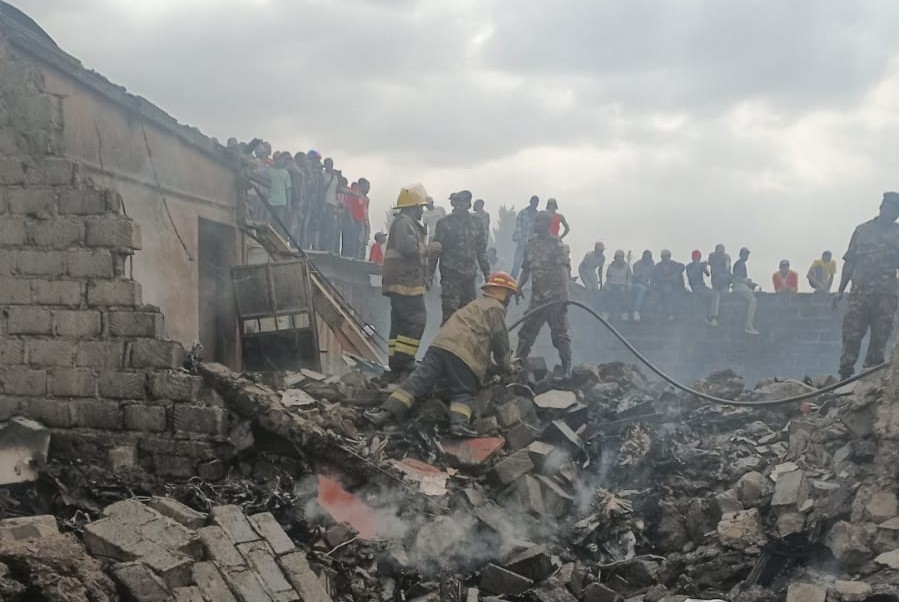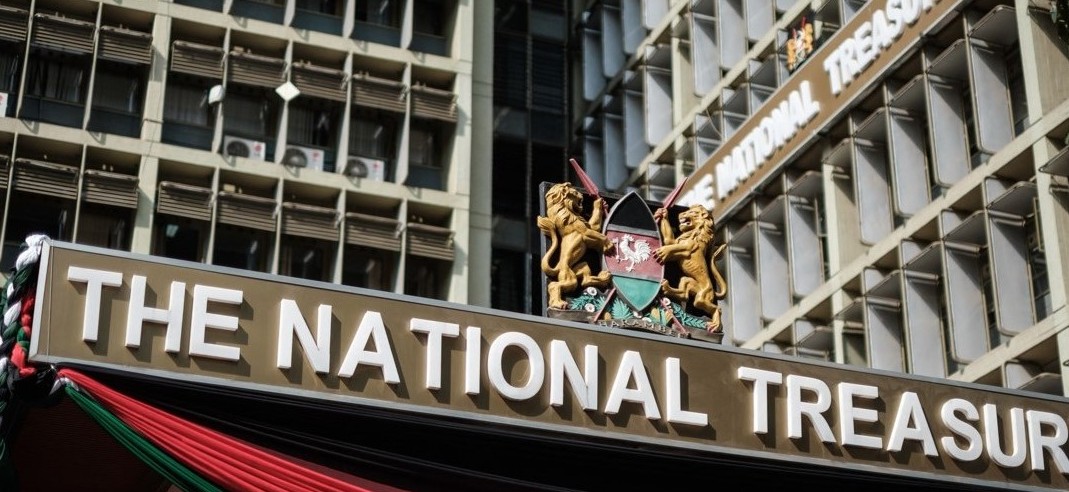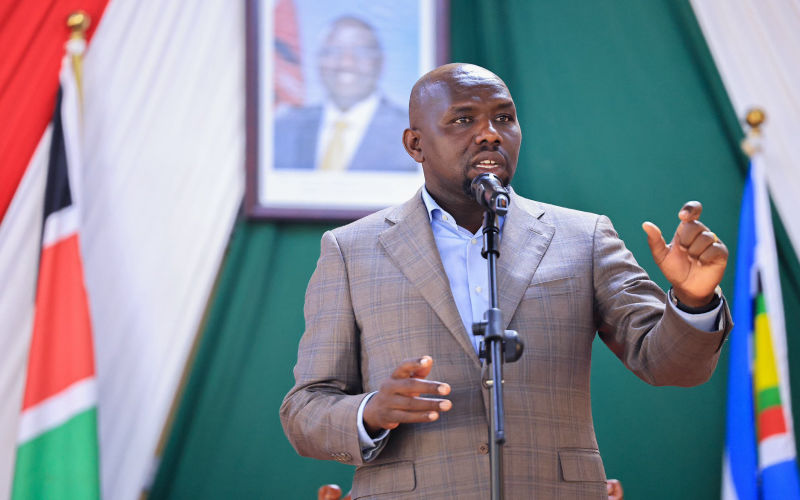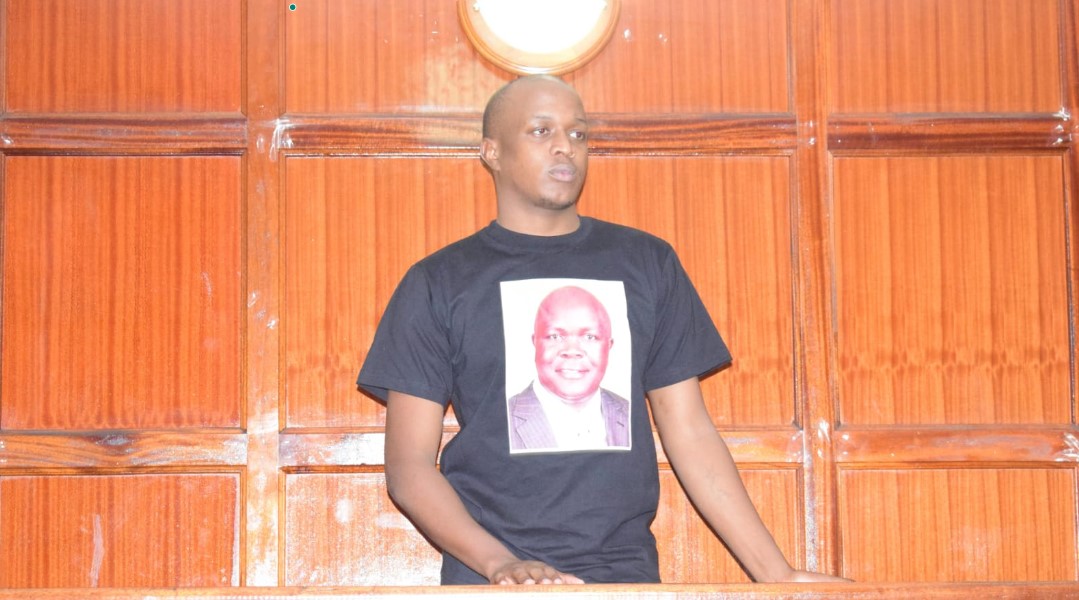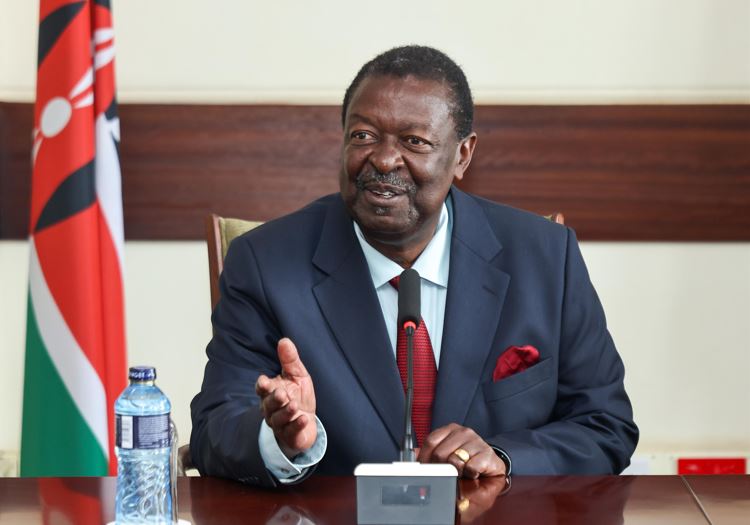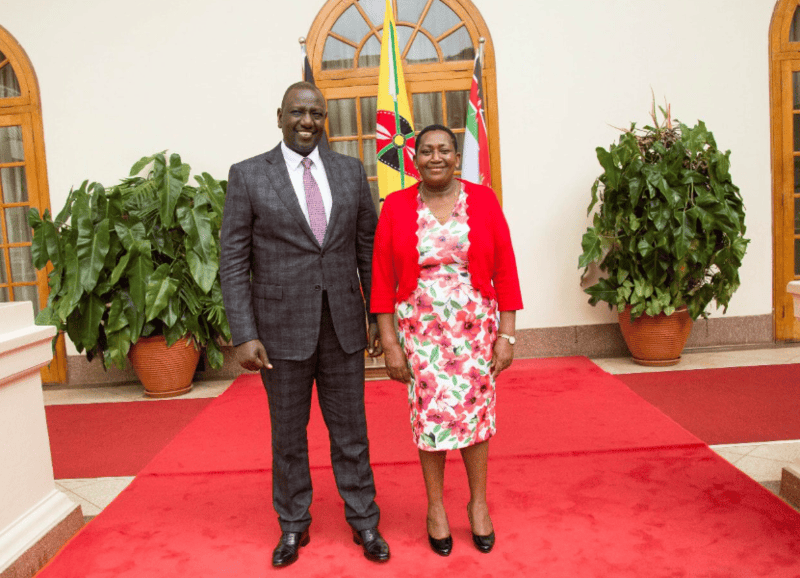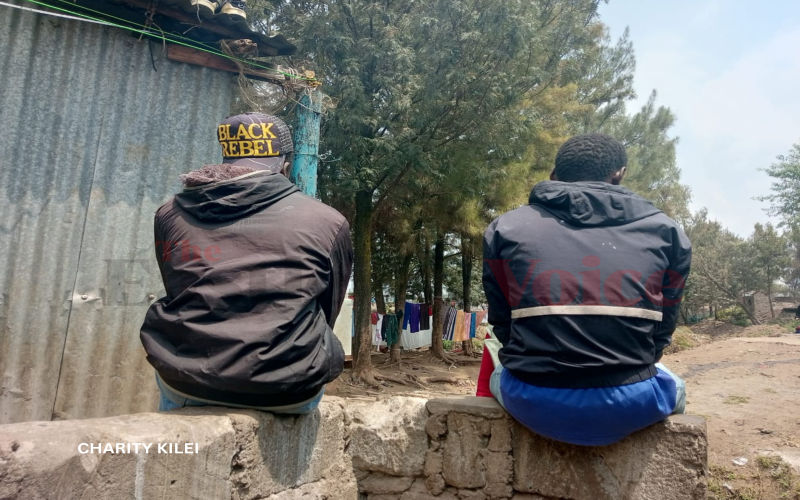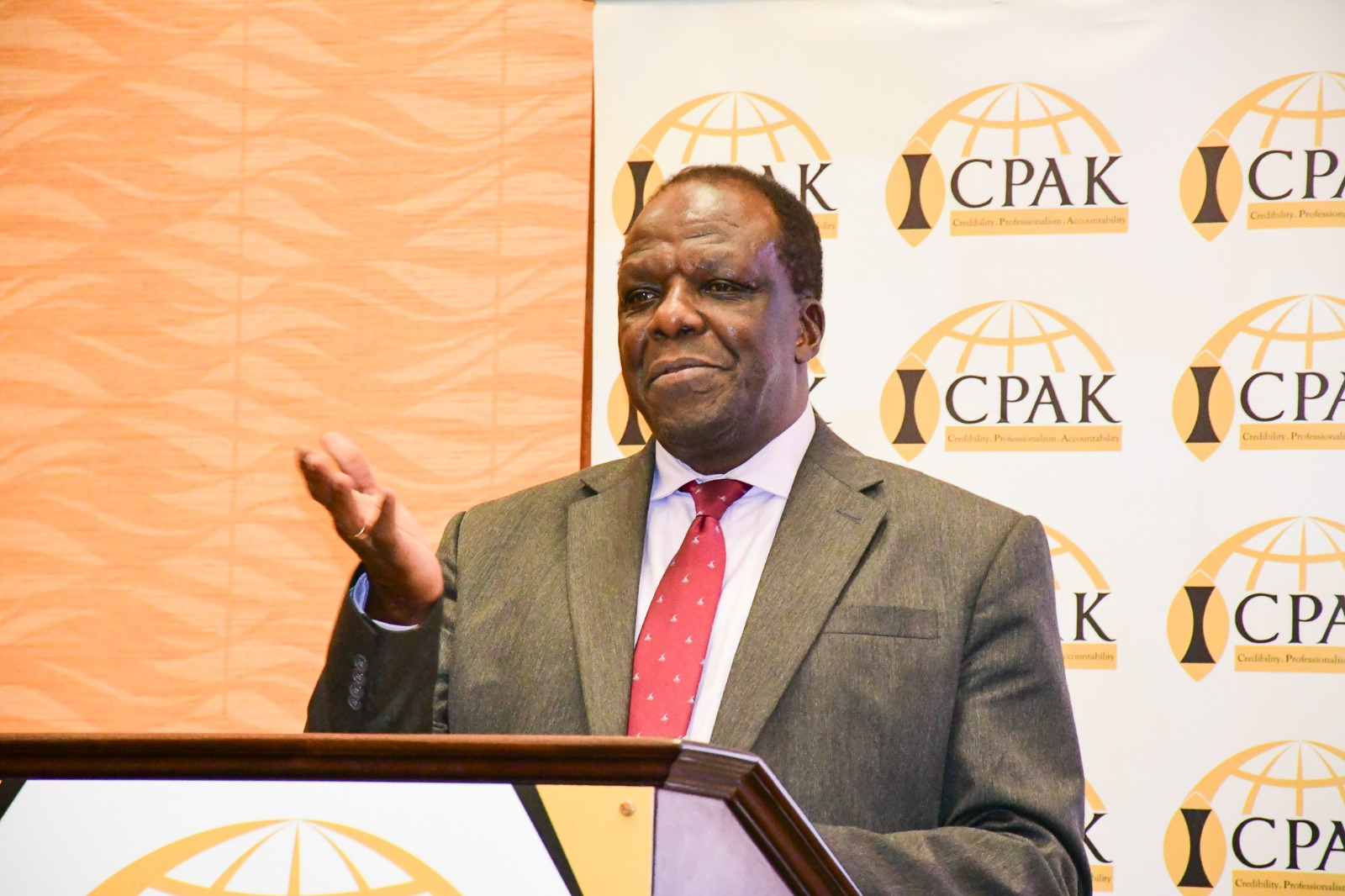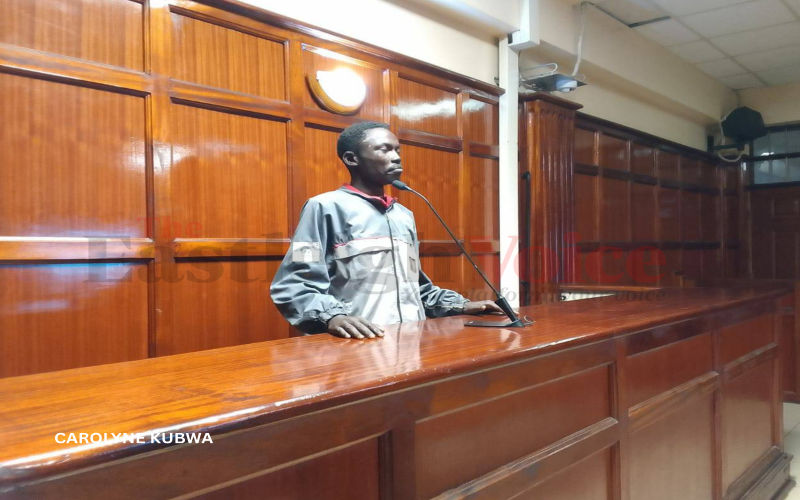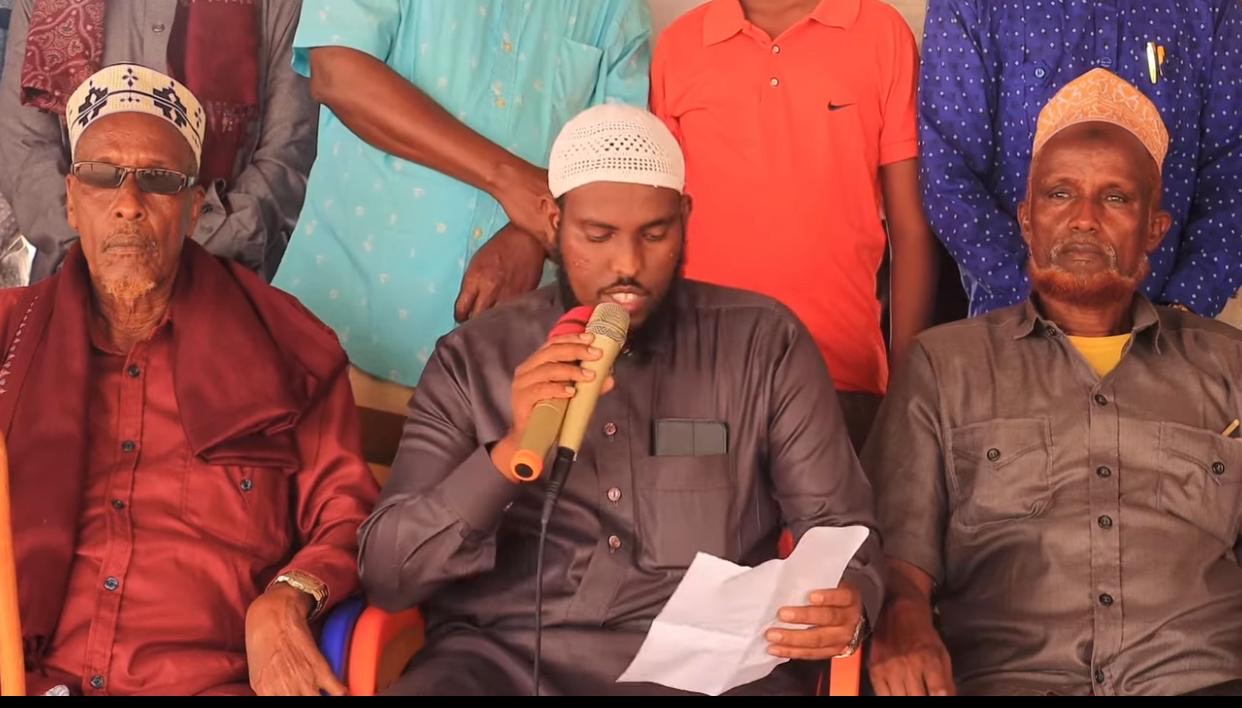Senators call for full disclosure of Adani deals after Ruto's surprise cancellation
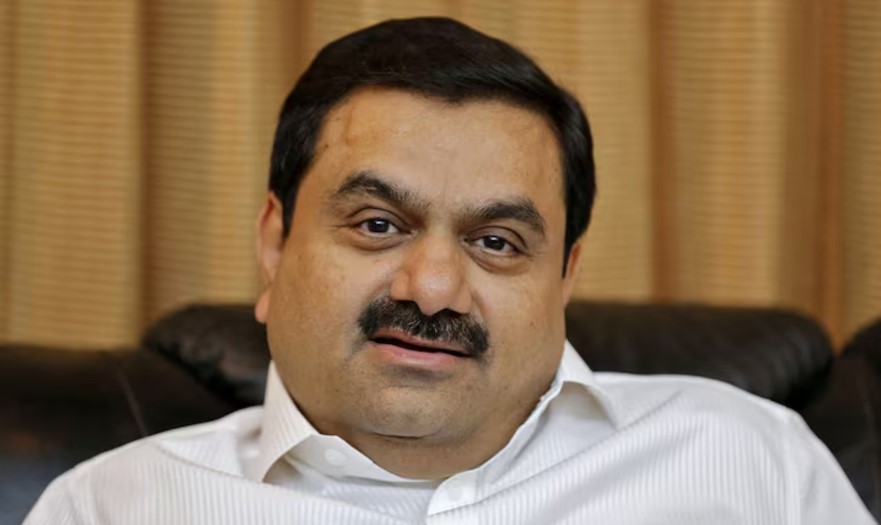
Senator Edwin Sifuna echoed concerns about the secrecy surrounding the deals, saying there were always red flags from the beginning.
Senators are now urging President William Ruto to provide full disclosure regarding the "new information" that led him to cancel the controversial multi-million shilling deals between the Kenyan government and the Adani Group of India.
The cancellation, which included agreements involving power transmission lines and upgrades to the Jomo Kenyatta International Airport (JKIA), has sparked a heated debate in the Senate.
More To Read
- Adani whistleblower Nelson Amenya sounds alarm on Kipini Conservancy sale
- Adani Group rejects US investigation claims on Iranian LPG imports
- Kenya turns to Beijing for JKIA expansion after Adani fallout
- UDA blogger: State contracted individuals to tarnish Gachagua, defend Adani, SHA
- Raila says he stands by cancelled Adani deals despite controversy and opposition
- MP Junet calls for scrapping public participation in mega projects
During his State of the Nation Address last week, President Ruto directed the ministries of Transport and Energy to immediately cancel their contracts with the Indian conglomerate, citing new evidence uncovered by investigative agencies and international partners.
"Based on new information provided by our investigative agencies and partner nations, the procuring agencies are directed to immediately cancel the ongoing procurement process," Ruto said during his address.
However, senators have expressed dissatisfaction with the lack of transparency regarding the nature of this new evidence.
They are now demanding that the President reveal more details, particularly since he had previously defended the deals, which were met with increasing public scrutiny.
Kitui Senator Enoch Wambua questioned why the President had not presented the new evidence to the public.
Reveal new evidence
"One of those aspects that the President would have told Kenyans is where the rain started beating us on the matter of the Adani deals," Wambua said.
"I heard the President saying the reason for the cancellation of the deals was because he had come across new evidence. I would have expected the President to table that new evidence," he added.
Wambua went on to allege that the Adani deals were a "scheme to pilferage and con Kenyan taxpayers", noting that the concerns surrounding the contracts were not new, and had been raised long before the President's announcement.
The deals in question involved a Sh95 billion contract for the construction of power transmission lines and negotiations for the upgrade of JKIA.
The cancellation came just days after the Adani Group was implicated in a bribery scandal in the United States.
According to US prosecutors, Adani allegedly paid more than $250 million (Sh32 billion) in bribes to Indian officials to secure solar energy contracts between 2020 and 2024.
Migori Senator Eddy Oketch also criticised the lack of transparency surrounding the Adani deals.
"Even after this cancellation by the President, still there are doubts on the details of the contracts that were in this Adani Group deal," Oketch said.
He further called for full disclosure of the contracts and any costs incurred by the government as a result of the deal's cancellation.
"Was there some money spent by the government to do due diligence on Adani? For instance, if you are going to do a power investment of Sh98 billion, you can be sure that diligence will be needed," he said.
Nairobi Senator Edwin Sifuna echoed concerns about the secrecy surrounding the deals, saying there were always red flags from the beginning.
"They say that where there is smoke, there is fire. There were always signs, which were all brought to the attention of the public and the attention of the administration," Sifuna stated, referring to the freezing of Adani's accounts in Switzerland at one point.
Despite the criticism, some senators have backed the President's decision.
Nominated Senator Tabitha Mutinda defended the move, describing it as evidence of a "listening leader."
She also stressed the importance of public-private partnerships (PPPs) in driving the country's infrastructure development, particularly in light of Kenya's high recurrent expenditure.
"As a country, it is high time we embraced the public private partnership system. Looking at our financial status, the recurrent expenditure is very high, and we need the PPPs to develop the infrastructure that is going to improve our economy moving forward," Mutinda added.
Top Stories Today

